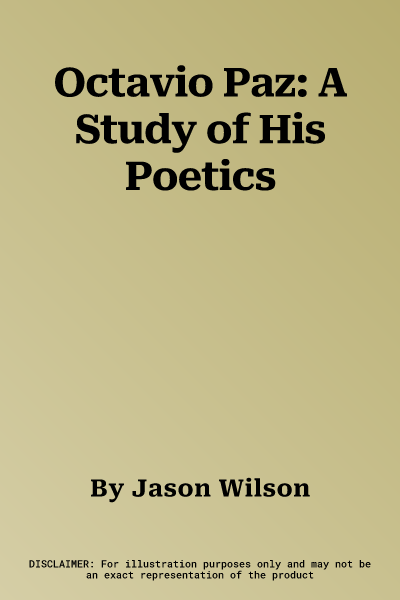Jason Wilson
(Author)Octavio Paz: A Study of His PoeticsHardcover, 29 June 1979

Temporarily out of stock
Free Delivery
Cash on Delivery
15 Days
Free Returns
Secure Checkout

Print Length
200 pages
Language
English
Publisher
Cambridge University Press
Date Published
29 Jun 1979
ISBN-10
0521223067
ISBN-13
9780521223065
Description
Product Details
Author:
Book Format:
Hardcover
Date Published:
29 June 1979
ISBN-10:
0521223067
ISBN-13:
9780521223065
Language:
English
Location:
Cambridge
Pages:
200
Publisher: